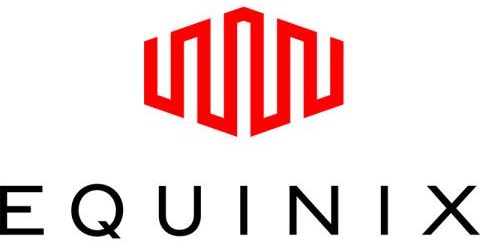Webinar – Innovation in an Accelerating Instant World

With dozens of real-time payment systems rolling out, it is important to determine what is providing the momentum for these and what differentiation can be drawn between them. To this end, there is a conversation to be had around how these systems can interoperate to create an integrated system joining up numerous regions.
P27, for example, is clearly trying to collapse domestic automated clearing houses (ACHs) into a pan-Nordic equivalent and is getting a lot of interest from different regions around the world about how they are doing that. This raises the question if we are in a position where we could move to the interoperability of real-time payment systems, issues and considerations, or if this is still a step too far.
This would have profound implications on individual ecosystems in different regions. Condensing and collapsing everything into a new model or platform infrastructure for sending instant payments would mean all systems would have to move at the same pace.
With whole payments infrastructure moving to this destination, individual institutions will have to change, which they will not necessarily do without third-party support from fintechs, vendors and so on.
A wider range of interconnectivity is being created in an instant world across the different players in that community. This will raise questions about how such an ecosystem is built, what it looks like, how it would scale and how resilient it would have to be. How regulators and other central bodies behind the real-time payment schemes would interact with it will also be up for discussion.
The technologies that will facilitate and drive innovation in real-time payments is another area of interest. Cloud-based technology, for example, will enable things to be done in a faster fashion and relationships to be managed more effectively. A traditional bank working with a third-party fintech would presumably already be using the cloud to develop, so how would the fintech link into that?
Developing things in a more agile and rapid way through the use of third parties and cloud to denote the ecosystem would be a behavioural change, an organisational change and a corporate change.
For the foreseeable future, all discussion around innovation in the financial world will take place against the backdrop of the Coronavirus pandemic. It will remain to be seen over the next few months the extent to which the global crisis will accelerate, delay or make no difference to the rollout of real-time payment platforms.
At the very least, it is expected that cash payments will take a nosedive over the coming months, which may present various infrastructure challenges. While this may not affect the real-time nature of the settlement, but as more and more payments move to digital, there will be investment to support this acceleration.
On top of this, there will be a demand to provide information and context and offer value to consumers, which would sit on top of real-time payments, so they have sight of what has happened in their bank account immediately, rather than waiting for the payment to go through their balance to be updated accordingly.
There is a new normal to create. Banks will not simply go back to how life once was, and this period presents an opportunity to discover how they can do things better and smarter and move more swiftly to a more customer-focused end game. Businesses in all industries are having to rapidly adapt to the unprecedented circumstances – what will the effects be of this needs-driven survival instinct?
This webinar will focus on:
